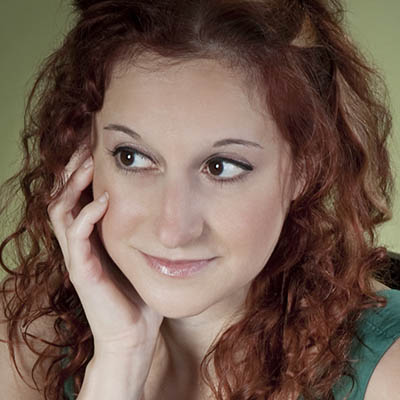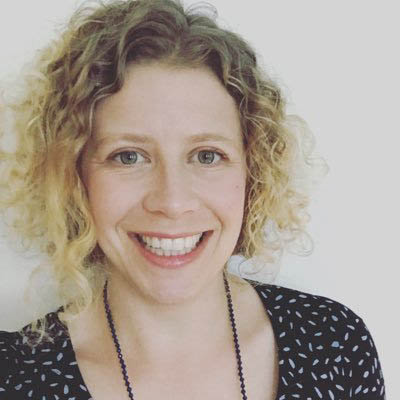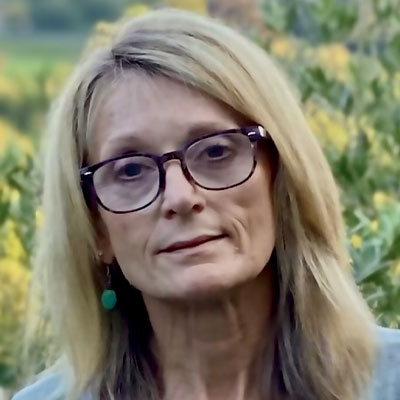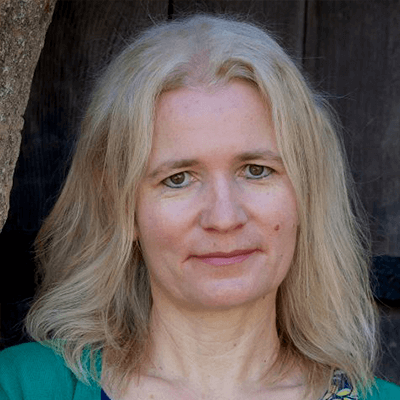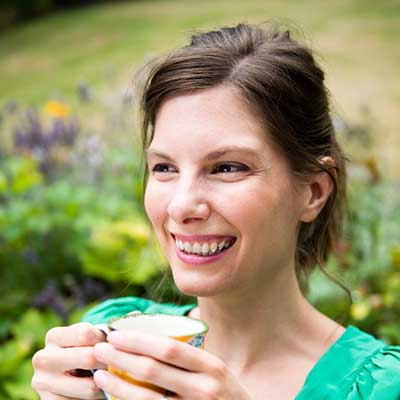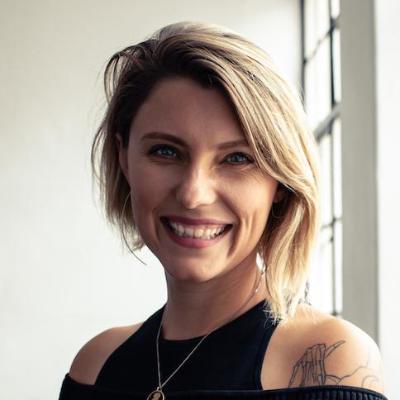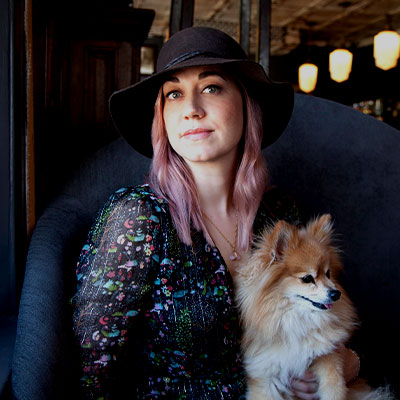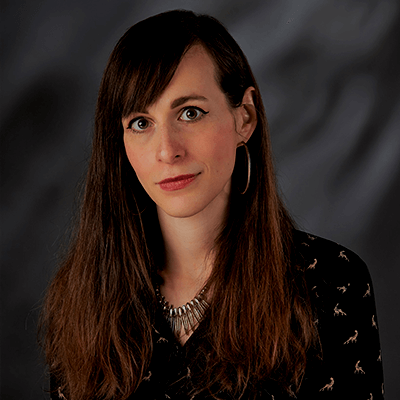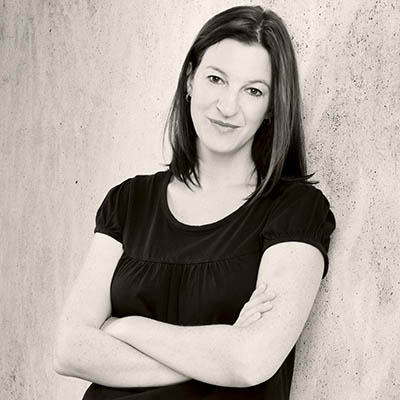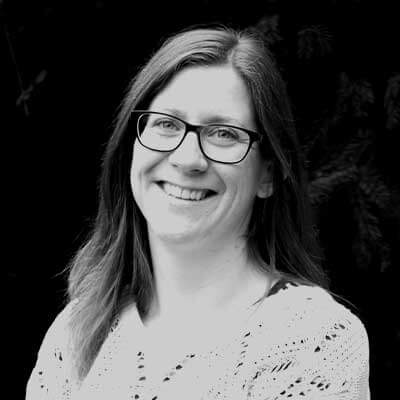Writing Workshop and Context Modules
You'll be taught through a mix of online lectures/workshops, and one-to-one tutorials. We aim to keep the writing workshops small so that there's sufficient time, support, and attention for each person’s work.
Part-time students will have one module per taught trimester.
The Manuscript Module
All students will focus on the Manuscript Module from June to September. The manuscript is taught largely via one-to-one tutorials, working with a tutor who is a published author with particular knowledge of your field of work, or who can bring complementary expertise to bear on it.
What’s the time commitment in a usual week?
Our teaching weeks run mid-September-January and February-May, with June-September comprised of one-to-one tutorials on a schedule negotiated by the tutor and student.
With some exceptions, during teaching weeks students will usually have one three-hour workshop per week. We let students know during the summer what their provisional timetable is.
We suggest that part-time students treat the course as a part-time (0.5 equivalent) job, setting aside roughly 17.5-20 hours per week for workshops, homework, assessment preparation, reading, participation in optional projects, guest lectures, and independent study.
To find out more about how we teach and how you'll learn, please read our information on Your Learning and Teaching at BSU.
.png)

